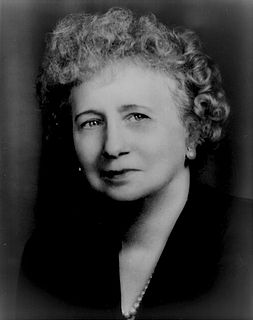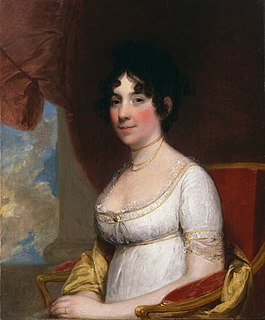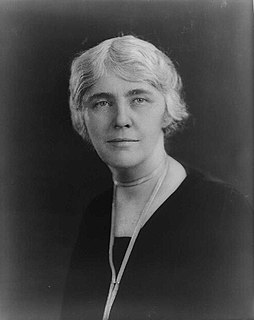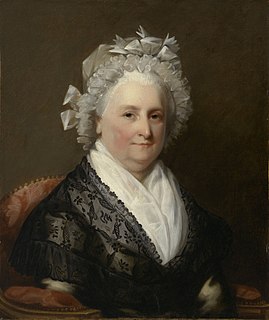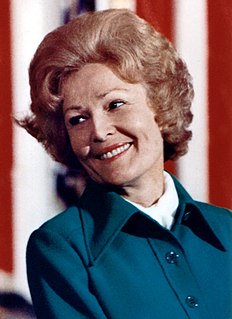A Quote by Eleanor Roosevelt
One of the best ways of enslaving a people is to keep them from education... The second way of enslaving a people is to suppress the sources of information, not only by burning books but by controlling all the other ways in which ideas are transmitted.
Related Quotes
If you share information widely, but you present that information in ways that fits your own view, you're actually still misrepresenting. So instead what you should do is figure out ways to build systems that allow people to experience and classify their information in ways that are meaningful for them.
When the resolution of enslaving America was formed in Great Britain, the British parliament was advised by an artful man [Sir William Keith], who was governor of Pennsylvania, to disarm the people. That it was the best and most effectual way to enslave them. But that they should not do it openly; but to weaken them and let them sink gradually, by totally disusing and neglecting the militia.
I think the use of language is a very important means by which this species, because of its biological nature, creates a kind of social space, to place itself in interactions with other people. It doesn't have much to do with communication in a narrow sense; that is, it doesn't involve transmission of information. There is much information transmitted but it is not the content of what is said that is transmitted.
Though we [Humanists] take a strict position on what constitutes knowledge, we are not critical of the source of ideas. Often intuitive feelings, hunches, speculation, and flashes of inspiration prove to be excellent sources of novel approaches, new ways of looking at things, new discoveries, and new information. We do not disparage those ideas derived from religious experience, altered states of consciousness, or the emotions; we merely declare that testing these ideas against reality is the only way to determine their validity as knowledge.



















